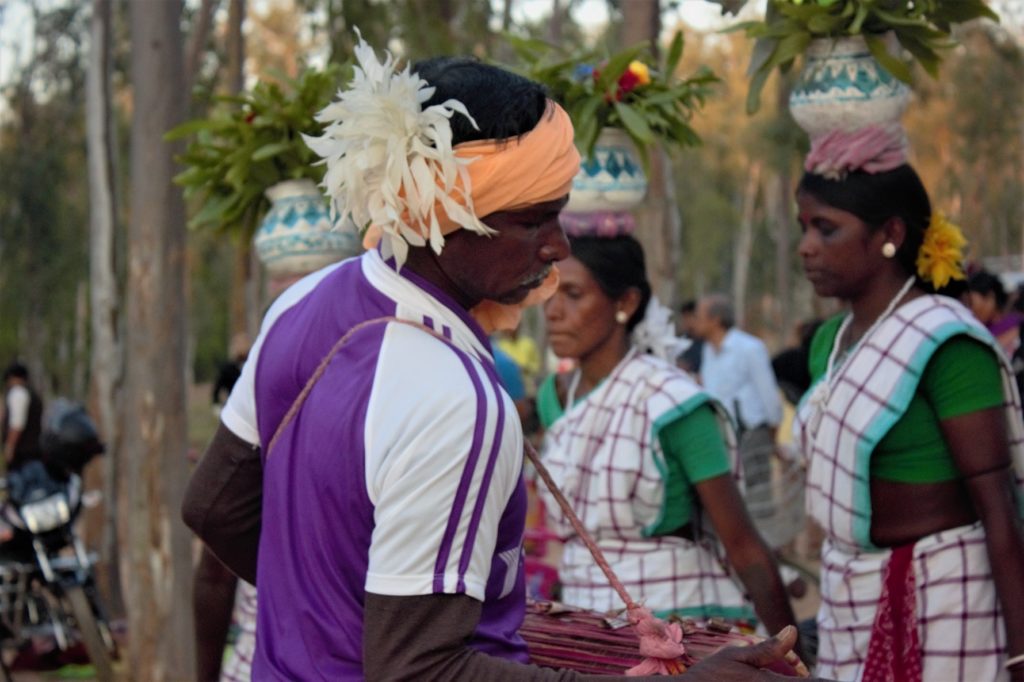Keeping the marginalised tribal communities of India in mind, the Union Budget 2017 elevated fund allocation by 10 pc. What lies ahead in terms of proper planning and implementation?
While India aims at scaling individual peaks in terms of social, economic and cultural equality with various measures, the issue of untouchability and discrimination against the marginalised section of the country has been plaguing the integrity of the country forever. The country has grown into a haven of intolerance, where a social institution legitimates and enforces practices of discrimination against people born to certain castes, leaving them subjected to further humiliation, exclusion, and exploitation.
More funds for Tribal Communities
The Ministry of Tribal Affairs was formed in 1999 and since then there were efforts by the Indian Government to bring parity between these groups and the rest of the country. In the Union Budget 2016, a fund of INR 48.27 billion (EUR 667 million) was allocated for the development of the tribal communities, which has now been raised to 53.29 billion (EUR 736.3 million) this year, a rise of almost 10 pc.
According to the government statements, the allocation for the welfare of Scheduled Tribes across all ministries has also witnessed an increase of more than 30 pc. The allocation which was INR 240 billion (EUR 3.3 billion) in 2016-17 has gone up to INR 319 billion (EUR 4.4 billion) in this year’s budget. The allocation for National fellowship and scholarship for higher education of Scheduled Tribe students has been raised by 140 pc. The allocation under this head in 2016-17 was INR 500 million (EUR 6.9 million), which has been increased to INR 1.2 billion (EUR 16.6 million) in this year’s budget.
Reacting to the Union Budget 2017 on his Twitter handle, Abhay Flavian Xaxa, the National Convenor at National Campaign on Adivasi (Tribal) Rights said, “The Scheduled Caste Sub Plan & tribal sub plan officially disappears from budget 2017. Dalit Adivasis pushed to 1970’s.”
The caste curse in India
The racial or tribal conflicts in Africa, Europe, America or the rest of Asia is otherwise very different from the Indian sub-continent. The reasons date back centuries and the tribal distinctions are more often referred to as castes. This is again something that was described by ancient Indians and is still considered taking skin colour (varnas) or groups into account. Some of the tribes are named and monopolised only on the virtue of their profession or vocation – something very different from the world.
Most of these caste systems were created and endorsed by ancient Indians or the so-called Hindus. Thus, the riddle revolving around the caste system and the discrimination can neither be addressed with funds nor with scholarships, but only with a change in perspective. The increase in the budget thus might need a better allocation than anything else.
Albeit various measures to bring the marginalised section of the society up to pace and parity, the gap lies in equal opportunity and an assessment of equal rights. In India, the system in which the government has functioned so far has probably given a levy to use these sections as a political agenda to score up the votes. The circumstances have aggravated in situations where tribal lands were in contention and even more in terms of education and employment. While a government promises to provide subsidised education and jobs with reservation to backward castes; it does not lift all the responsibility of the men at the helm. While the citizens are expected to shoulder a collective responsibility, the men in the high offices should take a keen look at the root causes of conflict on these fronts. Announcing schemes and budgets would then be secondary and actions will speak for themselves. The first one might begin with the curbing of the radical, communal bodies at play in the country.

